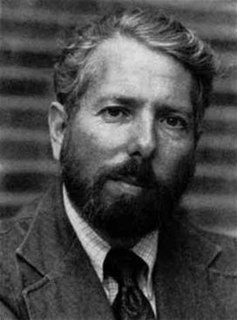A Quote by Carl Jung
For a young person, it is almost a sin, or at least a danger, to be too preoccupied with himself; but for the ageing person, it is a duty and a necessity to devote serious attention to himself.
Related Quotes
Aging people should know that their lives are not mounting and unfolding but that an inexorable inner process forces the contraction of life. For a young person it is almost a sin and certainly a danger to be too much occupied with himself; but for the aging person it is a duty and a necessity to give serious attention to himself.
It is not a man's duty, as a matter of course, to devote himself to the eradication of any, even the most enormous wrong; he may still properly have other concerns to engage him; but it is his duty, at least, to wash his hands of it, and, if he gives it no thought longer, not to give it practically his support. If I devote myself to other pursuits and contemplations, I must first see, at least, that I do not pursue them sitting upon another man's shoulders.
Humility is the safeguard of chastity. In the matter of purity, there is no greater danger than not fearing the danger. For my part, when I find a man secure of himself and without fear, I give him up for lost. I am less alarmed for one who is tempted and who resists by avoiding the occasions, than for one who is not tempted and is not careful to avoid occasions. When a person puts himself in an occasion, saying, I shall not fall, it is an almost infallible sign that he will fall, and with great injury to his soul.
Tibetans look at a person who holds himself above others, believing he is better than others and knows more, and they say that person is like someone sitting on a mountain top: it is cold there, it is hard, and nothing will grow. But if the person puts himself in a lower position, then that person is like a fertile field.
A person is either himself or not himself; is either rooted in his existence or is a fabrication; has either found his humanhood or is still playing with masks and roles and status symbols. And nobody is more aware of this difference (although unconsciously) than a child. Only an authentic person can evoke a good response in the core of the other person; only person is resonant to person.
Some people spend their entire lives thinking about one particular famous person. They pick one person who's famous, and they dwell on him or her. They devote almost their entire consciousness to thinking about this person they've never even met, or maybe met once. If you ask any famous person about the kind of mail they get, you'll find that almost every one of them has at least one person who's obsessed with them and writes constantly. It feels so strange to think that someone is spending their whole time thinking about you.




































